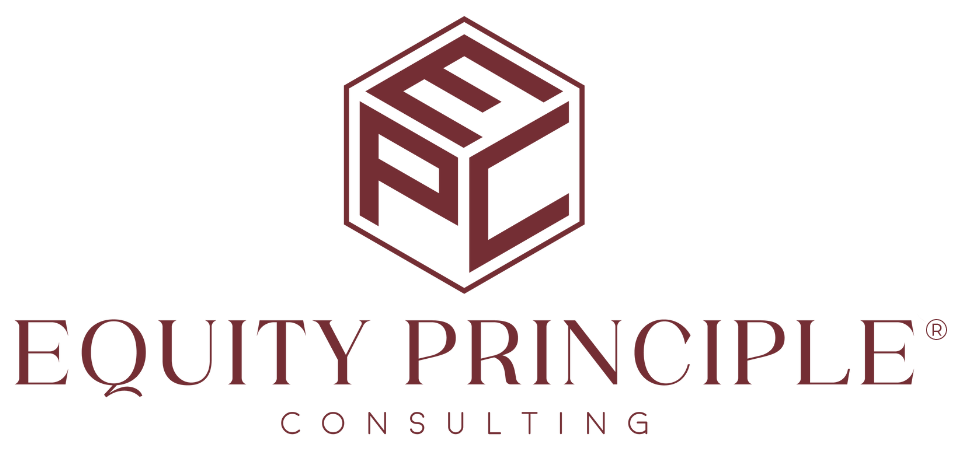Politics Has Always Belonged in the Workplace; You Just Didn’t Call It That
“Politics don’t belong at work.”
That’s what they say… usually right after someone brings up race, gender, reproductive rights, or safety.
And for a while, that sentiment flew under the radar. For decades, it even sounded reasonable.
But here’s the truth: Politics have always shaped the workplace. We just didn’t call it that.
Why Politics in the Workplace Was Always There; You Just Didn’t See It
The workplace is political. Every workplace is governed by policies, and every policy is the result of political will.
If we’re going to say “keep politics out,” then we should also eliminate:
-
Parental leave policies
-
Anti-harassment training
-
Labor laws
-
ADA accommodations
-
Healthcare access
-
Minimum wage
-
Marriage and family benefits
-
Civil rights protections
We’re not ready to do that, are we?
Why? Because we understand (even if unconsciously) that policies like these safeguard our humanity in a system that wasn’t designed to protect everyone equally.
And that’s the thing:
Politics shape policy. Policy shapes practice. Practice shapes culture.
So when we draw a line between “politics” and “the workplace,” we’re either being disingenuous or dangerously naive.
What You’re Actually Reacting To Is Accountability
Let’s talk about the elephant in the room:
When people complain about “identity politics,” what they’re often saying is—
“I don’t want to talk about the ways your identity reveals cracks in the systems I benefit from.”
Because truthfully?
All politics are identity politics.
We just didn’t name it when those identities were seen as the default.
It’s not the conversation that’s new.
It’s the identities being centered that feel disruptive.
What’s really happening is that the policies no longer protect just white, cisgender, able-bodied men.
And that shift threatens the comfort of those who’ve never had to explain themselves to feel protected at work.
How Ignoring Politics in the Workplace Puts Culture and Compliance at Risk
Let’s drop the myth that silence equals neutrality.
In the workplace, silence is a signal.
It signals to employees that the systems in place will remain untouched.
It signals to leadership that comfort matters more than inclusion.
It signals to stakeholders that values are negotiable under pressure.
In today’s political climate, neutrality isn’t just passive.
It’s a choice. A brand. A risk.
Leadership Means Naming the Uncomfortable
If you’re in a position of power—HR, tech, legal, or C-suite—your role isn’t to avoid discomfort.
It’s to navigate it with clarity and courage.
Here’s what that means:
-
Acknowledge that your policies are political.
-
Audit how those policies protect (or fail to protect) historically excluded employees.
-
Stop treating workplace inclusion like a public relations risk.
-
Start treating it like what it actually is: operational risk management in a deeply politicized environment.
Because here’s the truth:
Your workplace is already political. The only question is… whose politics are protected?
The Real Risk Is Pretending Politics Aren’t There
The next time someone says, “Politics don’t belong in the workplace,”
Ask them:
Whose politics do you mean?
Because for many of us, policies aren’t theoretical.
They’re the reason we’re safe. Or not.

